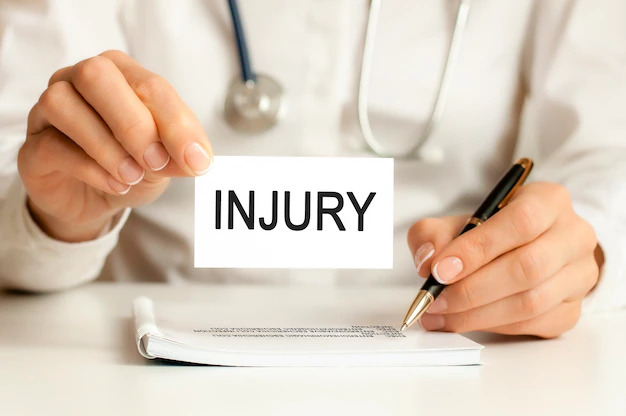Financial Side of Personal Injuries: Navigating Medical Expenses
by Abdul Aziz Mondal Finance Published on: 22 August 2023 Last Updated on: 25 September 2024

Accidents and injuries are always unexpected, and their consequences can affect us financially and physically. Navigating the landscape of medical expenses when you or a loved one gets injured requires knowledge, preparation, and a clear plan. Read this article to learn more about dealing with the financial aspects of injuries as a family unit.
Actions To Take After An Injury
Seeking immediate medical attention after an injury is crucial for both health and financial reasons. It can prevent complications and reduce the overall cost of treatment. Furthermore, documenting the injury and subsequent medical care is required for insurance claims. Collecting all medical bills, receipts, and treatment plans will make it easier to show all expenses incurred. In cases of severe injuries or when dealing with potential legal complexities, considering the advice of a Las Vegas personal injury lawyer Paul Janda can help you navigate the process and ensure your rights are protected.
Understanding The Costs Of Personal Injuries

Injuries come with many expenses – medical bills, doctor’s fees, diagnostics, medications, and possibly rehabilitation costs. Even seemingly minor injuries can lead to significant costs when factoring in consultations, tests, and treatments. A sprained ankle, for instance, might involve X-rays, medications, and physical therapy sessions.
What To Know About Insurance Coverage
It’s crucial to have health insurance. Understanding your policy, deductibles, and copayments will help you figure out your out-of-pocket expenses. When picking coverage, make sure it aligns with your family’s needs. Being familiar with the network of providers your insurance covers can also direct you in deciding where to seek medical care.
Negotiating Medical Bills
Don’t hesitate to negotiate medical bills with healthcare providers. Reach out to billing departments and inquire about potential discounts or payment plans. Requesting an itemized bill can help identify any errors or unnecessary charges. Remember, providers want to work with patients, and many are open to finding mutually beneficial solutions.
Exploring Financial Assistance Options
Families facing substantial medical expenses due to personal injuries should explore various financial assistance options. Government programs, nonprofit organizations, and community resources often offer aid for medical expenses. Research available resources that align with your situation and location. These options can provide much-needed relief during challenging times.
Creating A Financial Plan

Managing medical expenses requires a structured financial plan. Prioritize bills, allocate funds, and explore ways to cut unnecessary costs temporarily. Establishing open communication within the family about the economic situation is crucial. Collaborate to find solutions and make informed decisions about the allocation of resources.
Preventing Future Financial Strain
Accidents are inevitable, but there are specific steps you can take to help save both your health and finances. Home and vehicle maintenance, safety guideline adherence, and a healthy lifestyle can reduce the risk of accidents. Additionally, setting aside an emergency fund designated explicitly for unexpected medical expenses can provide a buffer when an injury occurs.
Personal injuries bring challenges beyond physical pain, impacting our finances and overall well-being. Families can take proactive steps to manage medical expenses by understanding the financial side of injuries, such as insurance, negotiation skills, financial assistance options, and financial planning. Facing these challenges as a united front can strengthen bonds and ensure a more secure financial future.
Read Also:



































































































